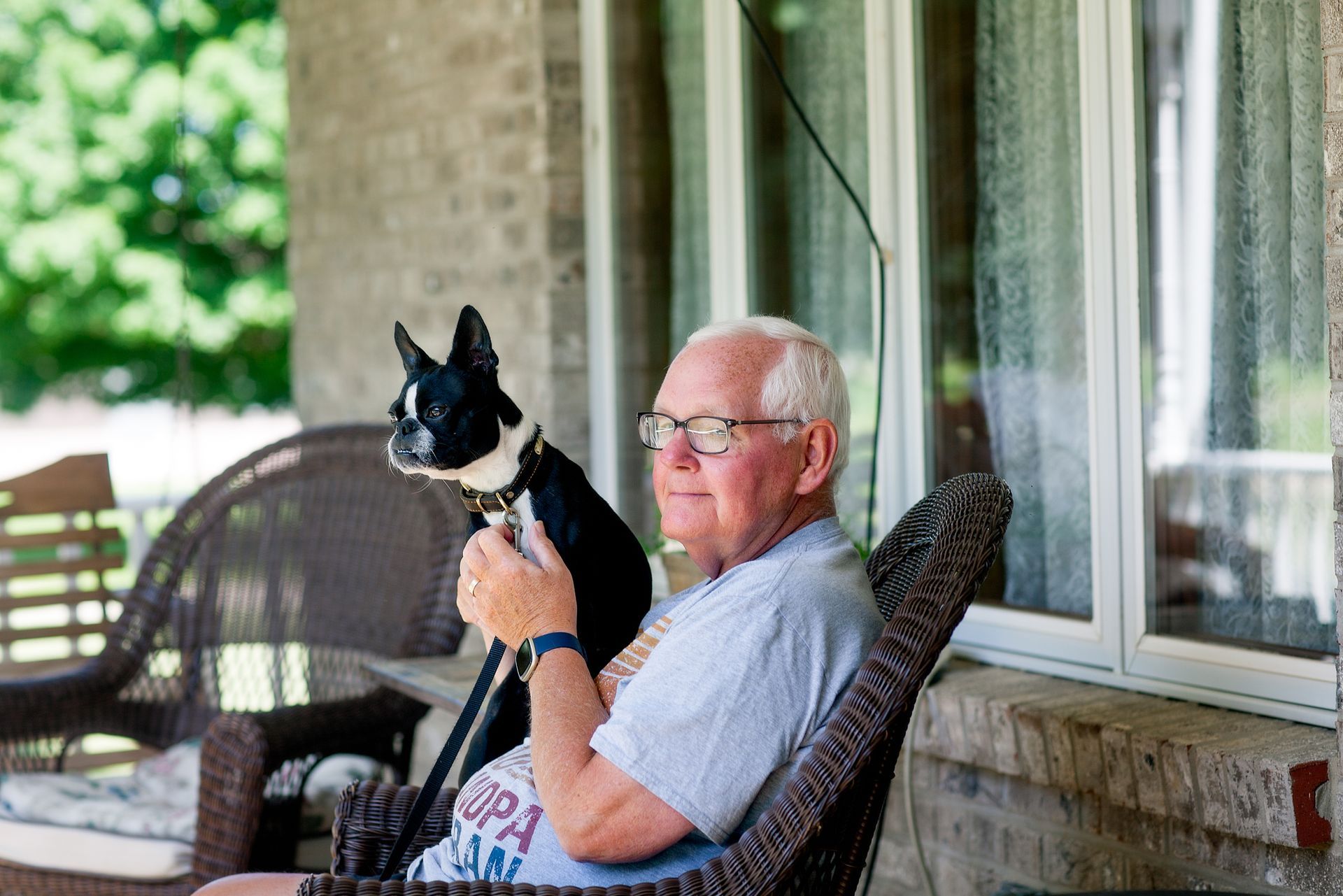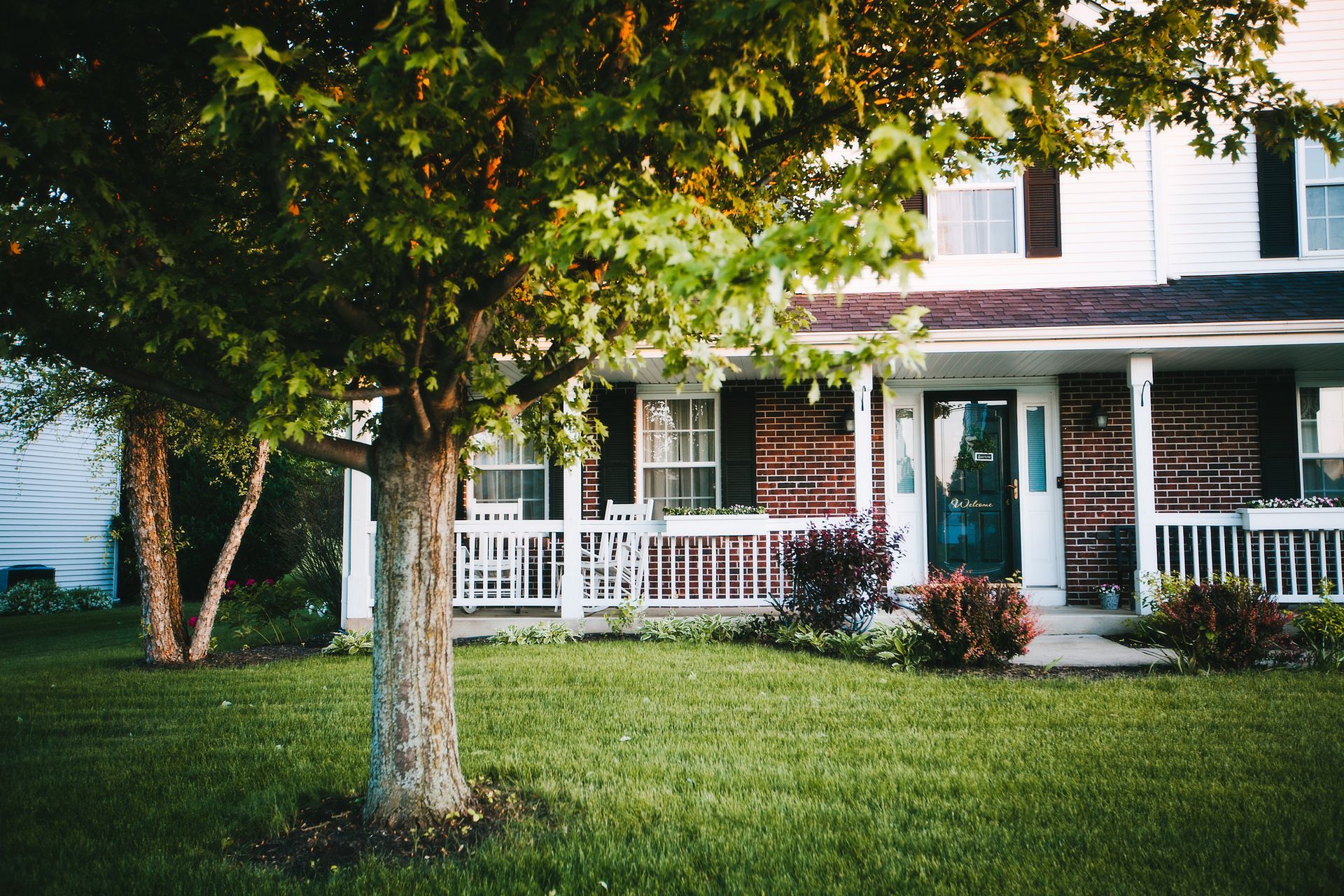Public Housing and Housing Choice Vouchers: What to Know

Are you eligible for HUD's public housing - and if so, how can you rent a new apartment? Everyone deserves a safe, comfortable home. The U.S. Department of Housing and Urban Development (or HUD) can help some individuals and families to afford rentals. If this is your first experience with HUD housing or you're not sure whether you qualify, take a look at the top questions renters can have.
Are All Apartments Public Housing?
The first step to answering this question is clarifying what type of housing you want to explore. HUD housing units are government-sponsored rentals built and maintained using federal money. According to HUD, nearly 970,000 households live in public housing across the country. Approximately 3,300 local housing agencies (or HAs) manage these properties.
Even though HUD-subsidized public housing is a popular option for individuals and families who couldn't otherwise afford an apartment or home, this isn't the only option.
HUD's housing choice voucher program provides a way for individuals and families to pay for rent in non-government public housing properties. Instead of subsidized housing projects, renters may choose any apartment that accepts the vouchers and meets local public housing agency (PHA) standards.
What Are the Eligibility Requirements for Public Housing?
If federally subsidized public housing is the best option for you, the next step is to make sure you meet the eligibility requirements. Again, public housing is not the same as the voucher program. You will need to apply for public housing through an HA. The HA will look at your annual gross income, citizenship status, and the possibility of you or a family member as elderly or with a disability.
Public housing income limits depend on where you live. The current HUD lower income limit is 80 percent of the median income for a family in your county, city, or local area. The low-income limit is 50 percent.
The HA will use tax records to verify your income. You will also need other documentation your local HA requires, such as birth certificates. Along with this information, the HA may also need your family's estimated anticipated income for the next year; the names, addresses, and phone numbers of employers or your bank; your current address and contact phone number; and each household members' name, birth date, sex, and relationship to you (or head of the household).
Some applicants must also complete an in-person interview. If required, a representative from the PHA will come to your current home to assess your living situation (including home upkeep) and speak to each family member.
What Are the Eligibility Requirements for Vouchers?
To apply for a housing choice voucher, start with your PHA. The PHA will also look at your income level and assess whether it meets the limits based on family size. Most PHAs set the limit at 50 percent of the median income for your local area based on the levels HUD publishes.
Like the public housing application process, voucher selection requires the applicant (you and your household members) to submit income documentation. The PHA will need to verify any information you provide on your wages or assets with your employer and your bank.
While you may meet all the requirements, you might not get an immediate voucher. The high demand for vouchers means wait lists are common. Some PHAs have local preferences to select households from the waiting list. These could include giving preference to a homeless family, families in substandard housing, people who are involuntarily displaced, and those who pay more than 50 percent of their income in rent.
Do you need a new, affordable place to live? Contact Robert Cottingham Company for more information.















